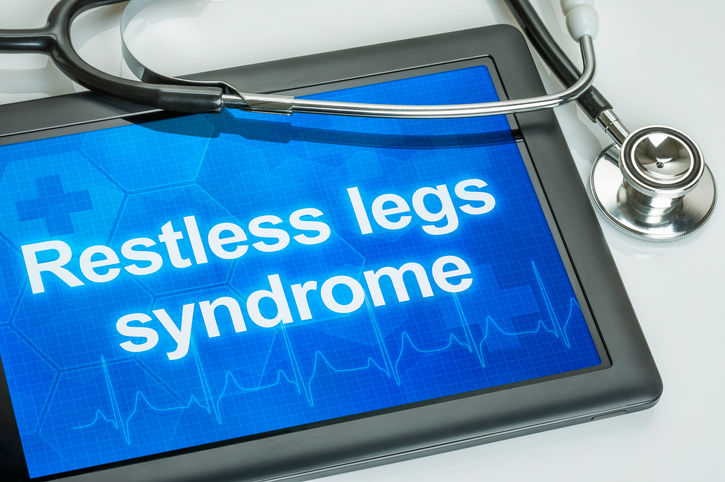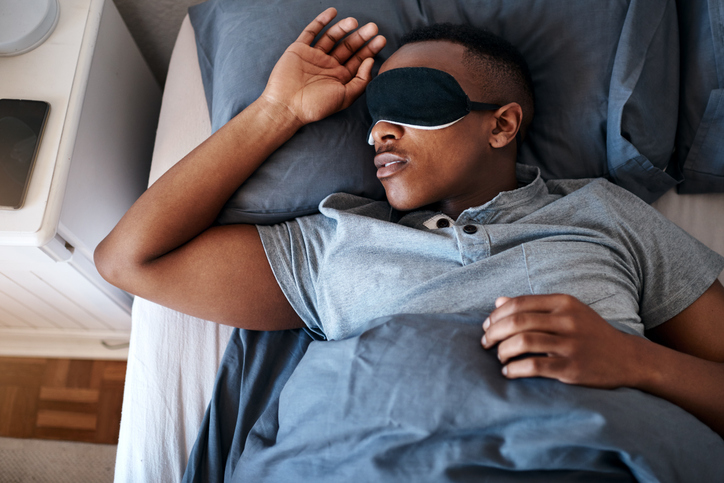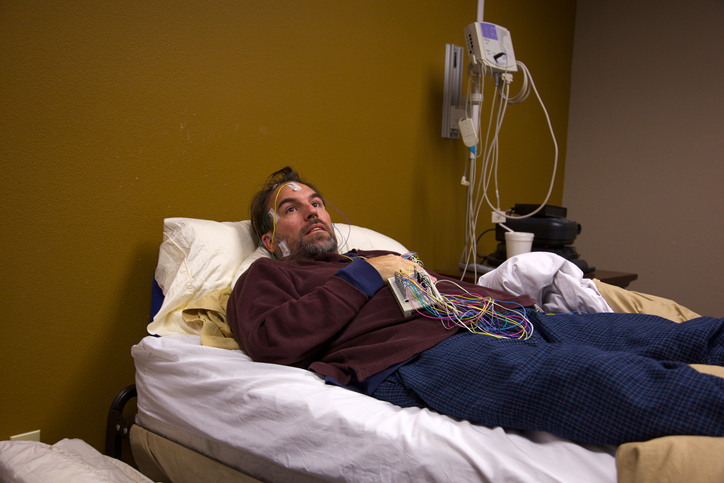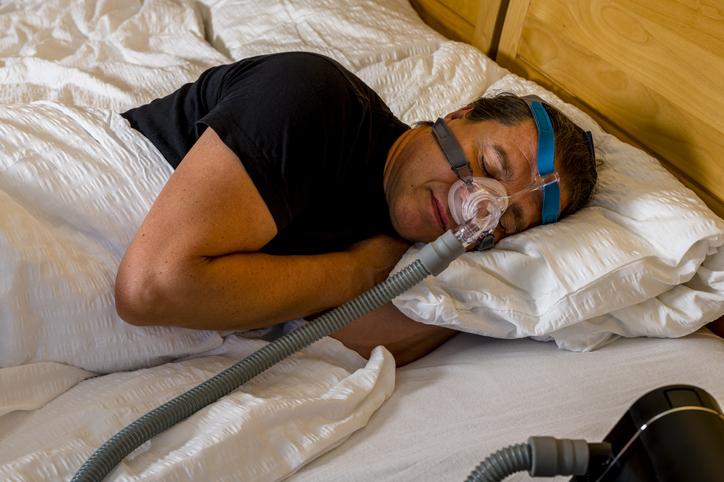Living with Chronic Pain
Conventional Medical Treatments for Restless Legs Syndrome (RLS)
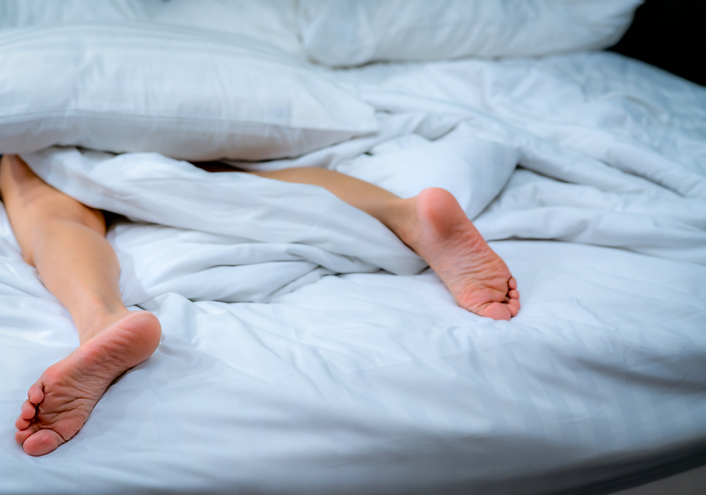
3 people found this helpful
Print
Share
Save
What is restless legs syndrome?
Restless legs syndrome, or RLS, is a neurological disorder that causes an uncontrollable urge to move the legs. It is also known as restless legs syndrome/Willis-Ekbom disease (RLS/WED). Restless legs syndrome causes irrepressible jerking or twitching of the legs during sleep, resulting in sleep deprivation; therefore, RLS is also considered a sleep disorder.
Conventional medical treatments
The goals of treatment for restless legs syndrome are to relieve the unpleasant sensations, reduce the desire to move the legs, and improve sleep quality, which can reduce daytime fatigue. Several medical treatment options are available.
- Iron supplementation
If RLS is related to an underlying iron deficiency, iron supplementation (oral or intravenous) may be beneficial. This treatment should only be used if a blood test reveals a low blood-iron level. - Medications to increase dopamine in the brain
The neurotransmitter dopamine can reduce the urge to move, relieve unpleasant sensations in the legs, and reduce leg movements during sleep. Medications that increase dopamine in the brain include ropinirole, pramipexole, and rotigotine. - Anti-seizure medications
These medications can slow or block pain signals from nerves in the legs. This makes them most effective for RLS due to neuropathy. Examples include gabapentin, pregabalin, and gabapentin enacarbil. - Opioids
Opioid pain medications can also help with RLS symptoms. Opioids are usually prescribed only if other treatments are unsuccessful. Examples include methadone, codeine, tramadol, hydrocodone, and oxycodone. - Sleep medications and sedatives
While these medications may improve sleep, they do not relieve the leg sensations associated with RLS. Because they can also cause daytime drowsiness, they are usually prescribed only if other treatments are unsuccessful. Medications used for RLS include benzodiazepines, such as clonazepam, and benzodiazepine receptor agonists, such as zolpidem and eszopiclone.
These medical treatments and medications can help relieve the symptoms of RLS and improve quality of life.


